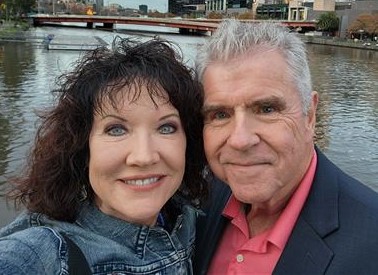The day's devotion to peace connects closely with what Rotary members have been fostering since The Rotary Foundation's mission to advance world understanding, goodwill, and peace, was proclaimed in 1917.
Rotary's goal of worldwide peace and tolerance has been an unwavering pursuit: conducting global forums, hosting international peace symposiums, advancing peace through its 60-year collaboration with the UN, as well as grassroots initiatives such as the Rotarian Action Group for Peace.
But Rotary's most significant effort to wage peace is the Rotary Peace Centers program, established in 2002. Each year, the program trains some of the world's most dedicated and brightest professionals, preparing them to promote national and international cooperation and to resolve conflict. They include graduates of a two-year master's degree program and a three-month professional certificate program at Rotary's partner universities.
Today, more than 900 peace fellows are applying their expertise in various fields. They're settling border conflicts in West Africa, developing aid programs at the World Bank, drafting legislation to protect exploited children in Brazil, providing security for U.S. diplomats, and many other career paths devoted to peace.
To commemorate the International Day of World Peace, Rotary Peace Fellowships alumni share how the program has shaped their lives:
David Chick, Duke University and University of North Carolina at Chapel Hill (Duke/UNC), 2005-07
Director, Peace and Conflict Section, Australian Department of Foreign Affairs and Trade
"It can really be a life-changing program. There is rarely a week that goes by where I don't use the skills that I gained. My studies of conflict resolution and negotiation assist me in thinking through options to support preventive diplomacy in Australia's neighborhoods. You never leave the peace program! After so many years of operation, there is a real community of peace fellows out there, dedicated to the cause."
Jane Kellum, University of El Salvador, 2007-09

